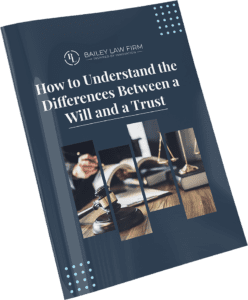
Under the law, independent contractors may not bring typical employment law claims. Claims such as sexual harassment, hostile work environment, retaliation and wrongful discharge.
Why can’t independent contractors bring typical employment law claims?
This is likely for a few reasons. First, most people are traditional employees. The independent contractor arrangement has been on the rise notably in recent decades.
Second, independent contractors have freedom and not choice generally afforded the typical employee.
Independent contracts dictate where, when and how they do their jobs. This means they are not stuck in a workplace that, for example, tolerates sexual harassment.
In theory, contractors are free to terminate such a gig and have other clients or customers to sustain themselves.
Employees have one employer and must generally be when and where they are told; which could mean stuck in a hostile work environment.
There are many independent contractors who actually look more like employees. The law looks at many factors to determine whether someone is an independent contractor or employee.
The factors include things like control of hours and work, whether the contractor has other clients, pay arrangement and so on.
When an independent contractor only works for one employer, works in their workplace and works typical hours… it feels like that person is an employee. It’s not easy to pick up and leave if the work environment is hostile, for example.
Will the independent contractor and employment laws change?
The law always lags and the law will catch up as independent contractor arrangements are becoming more and more common. But, for now, it limits the remedies available to contractors.
If an independent contractor is injured on the job workers’ compensation is typically not available. Unless they can argue that they were mis-classified as an independent contractor. In that case though, the contractor can pursue a liability-based claim such as premises liability.
The same goes for employment law claims. A contractor cannot sue under state and federal statutes for retaliation, discrimination and the like. But, there is opportunity to seek creative claims.
Because the independent contractor is contracted by the employer, there’s potentially a breach of good faith and fair dealing claim. Breach of good faith and fair dealing prohibits parties from taking any action that hinders the other party’s ability to get the benefit under the contract period.
If the company allows a workplace that is hostile, discriminatory, etc… then they have hindered the contractor’s ability to get the benefits under the contract. To perform their job and exchange for compensation.
Other claims like negligence supervision and intentional infliction of emotional distress may apply, depending on the facts.
Get help with legal claims as an independent contractor
If you’re an independent contractor who has been subjected to discrimination, retaliation, sexual harassment or wrongful termination, you need an experienced litigator to navigate the complexities involved and a creative litigator to pursue your claims.
Our team at Bailey Law can help you evaluate your options and guide you on the right and best path forward with your unique situation. Contact us today by calling 480-681-5408 or you can book your free consultation here with one of our attorneys.
Regardless of your next steps forward as an independent contractor, if you believe you have been wronged by an employer we highly encourage you to seek professional counsel and advice. You will be in good hands with our team and can rest assured your needs will be considered and met.

